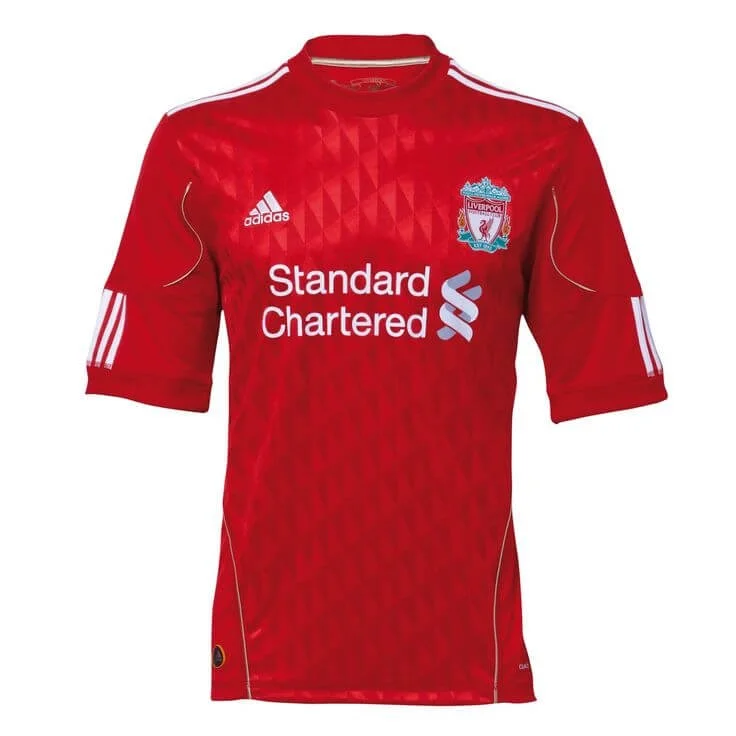Batting 1.000: Charlie Lindstrom
An interview with legendary baseball player Charlie Lindstrom
Charlie Lindstrom is one of ahandful of major league players with a lifetime 1.000 BA. His final line reads: 1 G 1 AB 1 H 1 BB 1 R 1 RBI.
He stands out from the others in two ways: his 3.000 slugging average is the highest, and he is the only son of a Hall of Famer in the group.
His father, third baseman Freddie Lindstrom, broke in with the New York Giants at the age of 18 in 1924, became an all-time favorite of Giants fans during his nine years in the Polo Grounds, and retired in 1936.
On April 13, 1986, he talked about his brief but spectacular big league experience, and about his father’s meteoric success and its bitter aftermath.
I was a $4,000 bonus baby signed by the White Sox in 1957.
In the last game of the 1958 season, I was supposed to start as the catcher at Comiskey Park. But I did not go in until the fifth inning. First time up, Frank House was the Kansas City catcher.
He told me since it was my first time up to be looking for a fast ball, but I walked and later scored. Second time up I was still looking for a fast ball and I hit it against the wall for a triple with a man on.
I didn’t have the greatest wheels. I was in the on-deck circle when the White Sox last batted in the eighth (Chicago won, 11-4.}.
Incidentally, Hal Trosky Jr., the son of the longtime Cleveland first baseman, was the relief pitcher when I went in to catch.
He got credit for the win, his only decision and last appearance of his three-inning big league career. So, he finished with a 1.000 winning percentage too.
I went to three or four spring trainings with the major league club and played as high as Class A. I was the only all-league selection in the Three-I League as a catcher, but I didn’t have the mental toughness for pro ball, the traveling and all.
I wasn’t psychologically suited for it. Later, when I decided to get into my own business, I found many situations similar to pro baseball to deal with.
My father, Freddie Lindstrom, was a confident, self-assured, fighting player. He told me, “To be successful in baseball, you need skin like an alligator and be a battler.”
He had come up to the Giants at 18 and been the darling of Broadway from the start. A great third baseman, he had shifted to the outfield in 1931 when Johnny Vergez came up. He and the Giants’ manager, John McGraw, respected each other.
He wouldn’t put up with Mac’s tirades and would walk away from him. Perhaps his standing up to McGraw opened the door and hastened Mac’s resignation [in 1932], but he did not lead any kind of revolt.
Years later when I got married, we received a nice wedding present from Mrs. McGraw [John McGraw had died in 1934]. The families remained close even after his playing days were over. So, it’s doubtful there was any resentment there.
Dad was McGraw’s choice to replace him as the Giants manager, but his downfall began because McGraw told Giants owner Charles Stoneham and Lindstrom he was to be the new manager after the 1931 season. Lindstrom assumed that was what would happen and told his roommate, Bill Terry.
Terry then went to Stoneham and said that he should be the next manager. He would be better for the job.
[On June 2, 1932, McGraw resigned and Terry replaced him.]
The business manager said to Dad, “Why didn’t you express an interest in the job to Stoneham?”
“I assumed it was all set and I didn’t have to.”
“Stoneham thought it was all set, too, but you didn’t show any overt interest.”
The business manager told him that Stoneham had decided to go with Terry because Dad had not come forward and said he wanted the job.
Terry had gone in and pitched himself for it. Lindstrom felt that Terry had undermined him for the job. A .300 lifetime hitter, he had his worst year in 1932. No doubt the change in managers affected his play.
Lindstrom was traded to Pittsburgh at his request, but after one year he knew, as heartbroken and perturbed at Terry as he was, he had made a mistake in asking to be traded.
Terry tried to get him back. He had a deal all set to trade Hubbell and somebody else to get Lindstrom back from Pittsburgh, but somebody involved in the deal got hurt and it never happened.
Lindstrom’s heart wasn’t in it after that. He said he was a Giant all the way and never would change.
Up until then he had known only success and had not been confronted with a setback. He became an alcoholic.
He wouldn’t be able to cope with it until he began a long coaching career at Northwestern in 1947.






